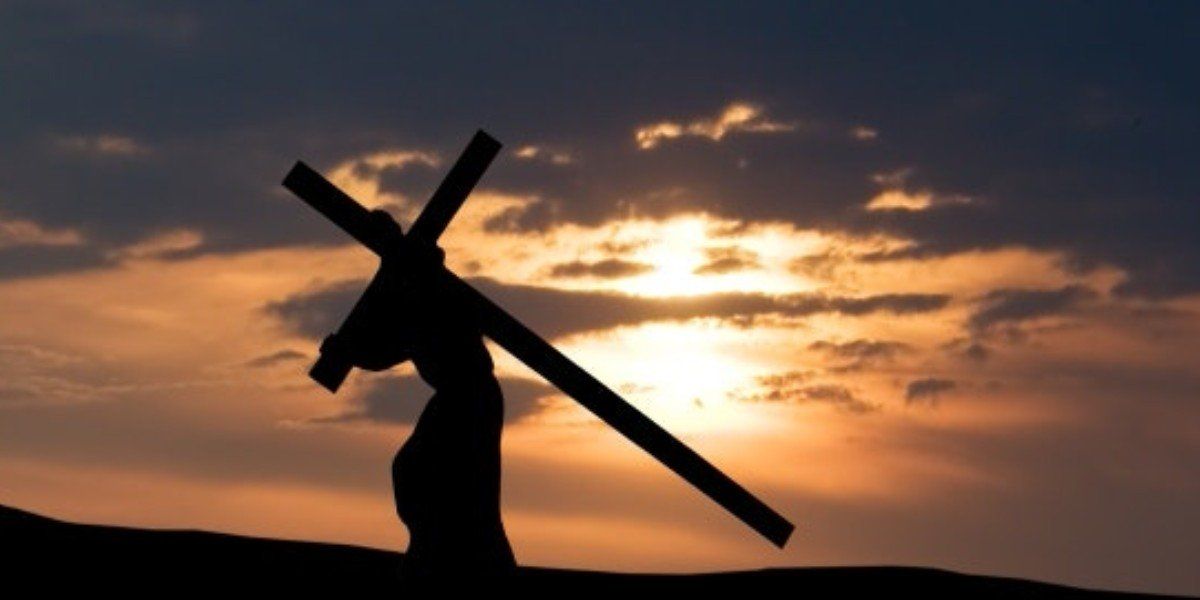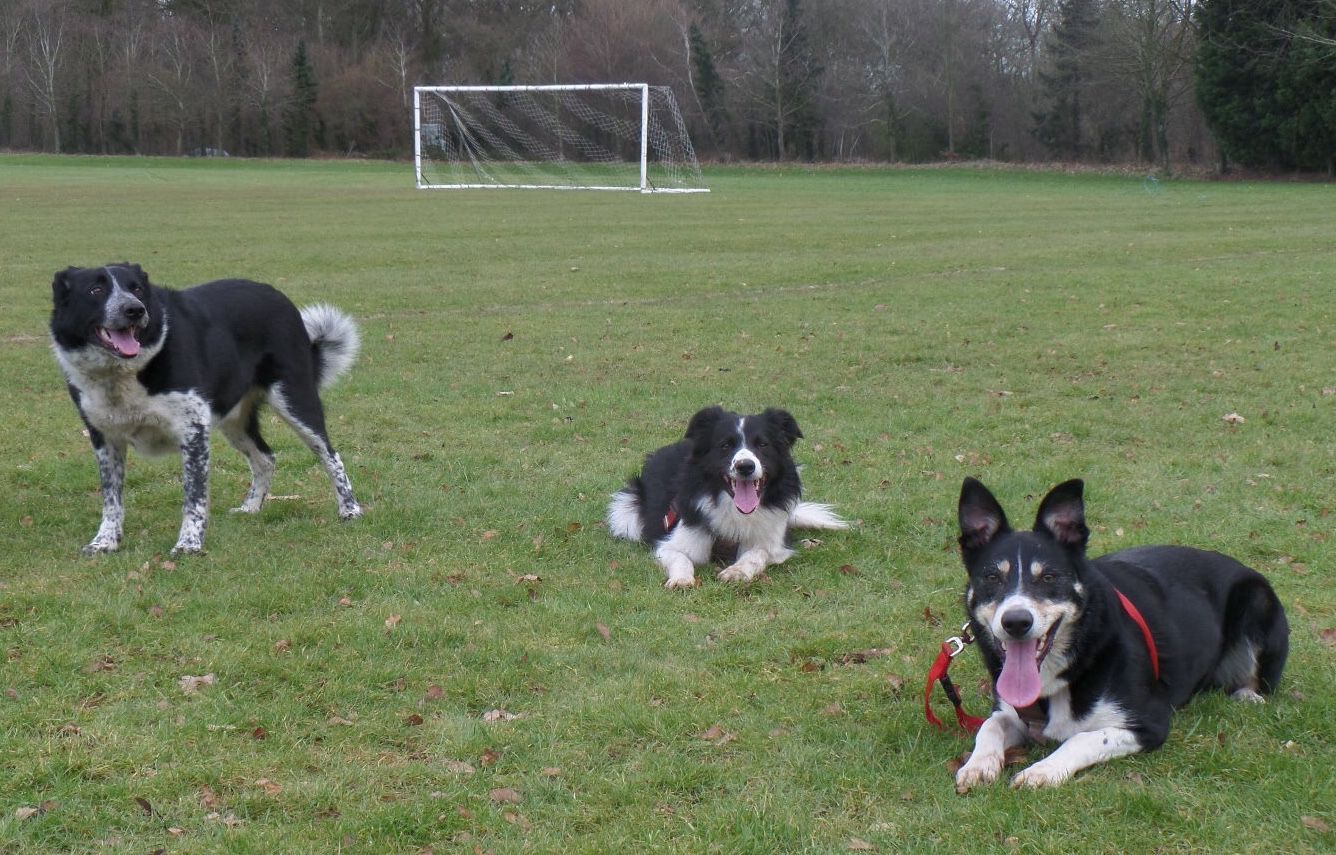Message of Abbot Paul - Wednesday - 10th April 2024
Abbot Paul • April 9, 2024
Yesterday the day began wet and cold. I still take an early morning walk, following Toby’s preferred route. The robins and the blackbirds must be wondering why I’m walking alone. They used to love teasing Toby, chasing him and swooping down on him in mock attack. Then at 9 o’clock, when I went on the playing field to meet with his friends, both human and canine, I decided to take one of his footballs. It was as though he were still with me, though unseen. At least, I got some exercise. Then I drove home to my mother’s, where it was excessively windy, though the sun was shining. The house seemed empty without him. My mum has been particularly affected by his death. I decided against a visit to the beach, but we had a wonderful video call from friends on holiday in Greece, from a yacht in the Mediterranean, where Toby was remembered. What a difference that made: it brought joy to our hearts, as do all the many cards, emails and messages still coming in. Thank you so much; may the good Lord reward you. God is good and there are beacons of light everywhere, all signs of the Resurrection and of the hope that faith in our Risen Lord radiates in our hearts.
Today’s Gospel reading, (Jn 3: 16-21), carries on from what we read yesterday, that quite extraordinary conversation between Jesus and Nicodemus, the Pharisee who came to see Jesus by night. It begins with one of the most well-known and comforting sayings of Jesus. “Jesus said to Nicodemus:
‘God loved the world so much that he gave his only Son,
so that everyone who believes in him may not be lost
but may have eternal life.
For God sent his Son into the world
not to condemn the world,
but so that through him the world might be saved.”
This is the most profound statement of God’s love for us. Jesus is the proof and deepest expression of God’s love. St Paul tells us in Romans 8: 31-39 that, ”Nothing can separate us from the love of God made manifest in his Son, our Lord and Saviour Jesus Christ.” God does not condemn us but wants only our salvation. While this is true, nevertheless we can reject God’s gift of salvation and love in Jesus, which is why Jesus goes on to say.
“No one who believes in him will be condemned;
but whoever refuses to believe is condemned already,
because he has refused to believe in the name of God’s only Son.”
In other words, we condemn ourselves by refusing to believe. God leaves us free to accept or reject him. This is all part of the mystery of God’s plan for creation, that we have been created with free will and are free to say yes or no to God. He doesn’t force himself on us. Jesus then moves on to see this acceptance and rejection in terms of light and darkness.
“On these grounds is sentence pronounced:
that though the light has come into the world
men have shown they prefer darkness to the light
because their deeds were evil.
And indeed, everybody who does wrong
hates the light and avoids it,
for fear his actions should be exposed;
but the man who lives by the truth comes out into the light,
so that it may be plainly seen that what he does is done in God.”
These words of Jesus remind us of the Prologue to John’s Gospel, that the Word made flesh is a light that shines in the darkness, a light that can neither be overcome nor understood. Nevertheless, we often choose darkness rather than light, evil and sin rather than goodness and life, in other words we reject rather than accept Jesus. We also remember that Jesus said, “I am the Way, the Truth and the Life.” These three go together and cannot be separated. We cannot pick and choose! Let us pray for the grace to live by the truth and walk in the light, today and always. Amen.













